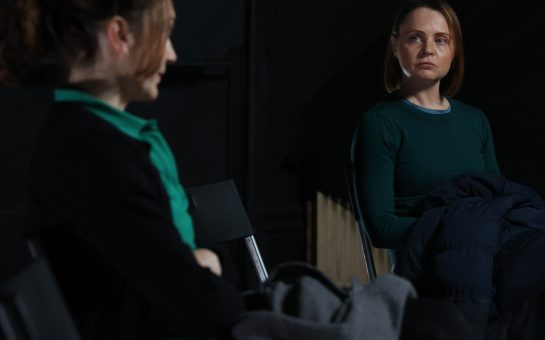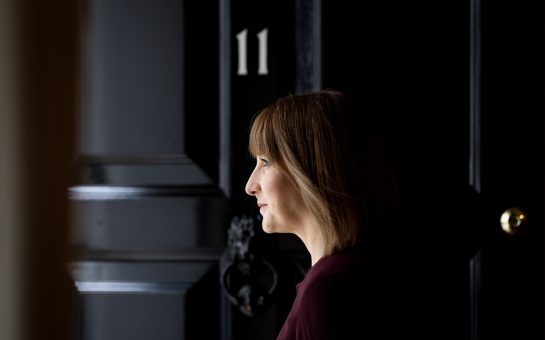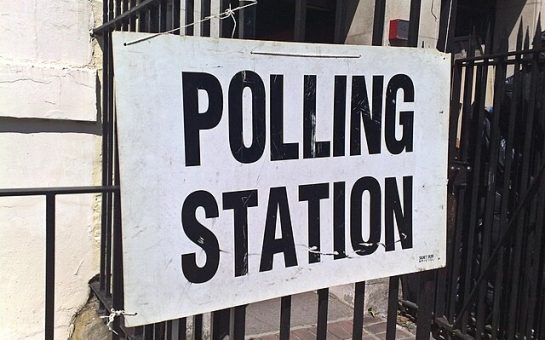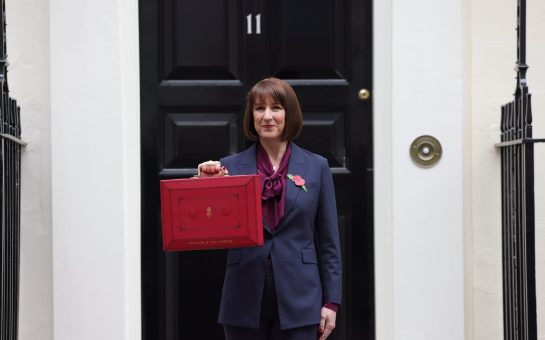Scottish Shadow Cabinet Secretary for Education Jamie Greene believes the SNP has “failed a generation of Scottish schoolchildren” due to the Scottish government’s handling of the Covid-19 pandemic.
The Conservative and Unionist MSP, who represents the West Scotland parliamentary region, highlighted the widening attainment gap, poor allocation of resources, and insufficient provisions for home education as key factors behind the government’s failure to provide adequate education for Scottish pupils during lockdown.
The attainment gap in Scotland, which already sits at 35.8%, is likely to widen considerably following the prolonged absence of children from the classroom. But Greene argues that there has been a lack of support for schools and teachers to maintain a suitable level of education for children whilst they were at home.
“The attainment gap was already widening before Covid-19,” Greene says. “Every day lost from being in a classroom setting with a teacher or classroom assistant inevitably will do nothing towards improving that.
“The reason it will be worse than it could have been is because there was nothing to replace [face-to-face contact in the classroom]. That contact which so many people should have got when they were sent home simply didn’t exist.
“There was no Plan B. There was no technological solution, there was no teaching platform, and there was no IT infrastructure or broadband. These issues were the perfect storm whereby those who were already struggling the most were hit hardest by the lockdown.”
The SNP had spent £9m on laptops for disadvantaged children during lockdown, but reports surfaced that the 25,000 devices remained in storage as recently as July. An SNP spokesperson subsequently announced that the laptops would be made available for pupils at the beginning of the new term, set to begin for most schools in Scotland on August 11th. But Greene argues that the damage to children’s education has already been done.
“How on earth we can get to this stage in the game four and a half months in and people still don’t have the basic physical technology to connect [to the internet] is unbelievable. The two things pupils needed were a device and a decent broadband connection. We would have sorted that out.”
Greene also points to the de-ringfencing of the Scottish government’s Pupil Equity Fund, which was introduced to help bridge the gap between well-off pupils and those from disadvantaged backgrounds.
According to government figures, £120m was divided between Scotland’s 32 different council areas in order to help local governing bodies reduce the gulf in attainment between rich and poor. As the most heavily populated area, Glasgow City received the largest stake – over £21m – of the Pupil Equity Fund, with other large areas such as Fife and North Lanarkshire receiving £9.7m and £9.1m respectively for the 2020-21 financial year.
In spite of these financial allocations, it was reported by The Telegraph in February that the national attainment gap had only decreased marginally in certain areas – and by a meagre 0.1% for National 5s – because the decline in attainment was far steeper for students from wealthier backgrounds than those from poorer ones.
As a consequence of the pandemic, however, the SNP removed the protected status of the Pupil Equity Fund, allowing the £120m to be spent in other areas.
“By default, not all of [the £120m allocation] went on attainment – that’s the sad reality of this academic year,” Greene said. “That money is understandably being used by councils, who weren’t being given any extra cash.
“But what should have happened is the government should have said that the attainment money remains for attainment purposes, and if you need extra money because of Covid-19, we’ll give you the extra money given by the UK government. It was a really invalid excuse to say that we had to use attainment money for other things.”
With the Scottish Education Minister John Swinney delaying the education review until after the forthcoming Holyrood election next year, it is unlikely that any major changes will be made to the education system in the immediate future.
Yet with the Higher examination pass rates declining year-on-year since the introduction of the new exams in 2015, Greene believes that the downward trend is only going to continue following the pandemic. When asked whether there is a risk of a generation of schoolchildren being failed by the Scottish education system, he replied:
“The sad reality is that that has already happened. Since I’ve taken on this role a month before lockdown, I’ve gone and spoken to as many teachers as I could – members of teaching unions, events by Times Educational Supplement, and there’s a lot of good work taking place. I think teachers are doing an incredibly good job in very difficult circumstances.
“But there has been a decline in pass rates, widening gaps in attainment, and issues with getting Scottish students into higher education – that’s why Scotland is behind other parts of the UK on youth unemployment. A generation has already been lost under the SNP after 14 years of their stewardship.
“Going into next year’s election my view will be we need a fresh set of eyes on education, and parents want to restore education to the highest gold standards.”
The next Scottish Parliament election will take place on Thursday 6th May 2021.



